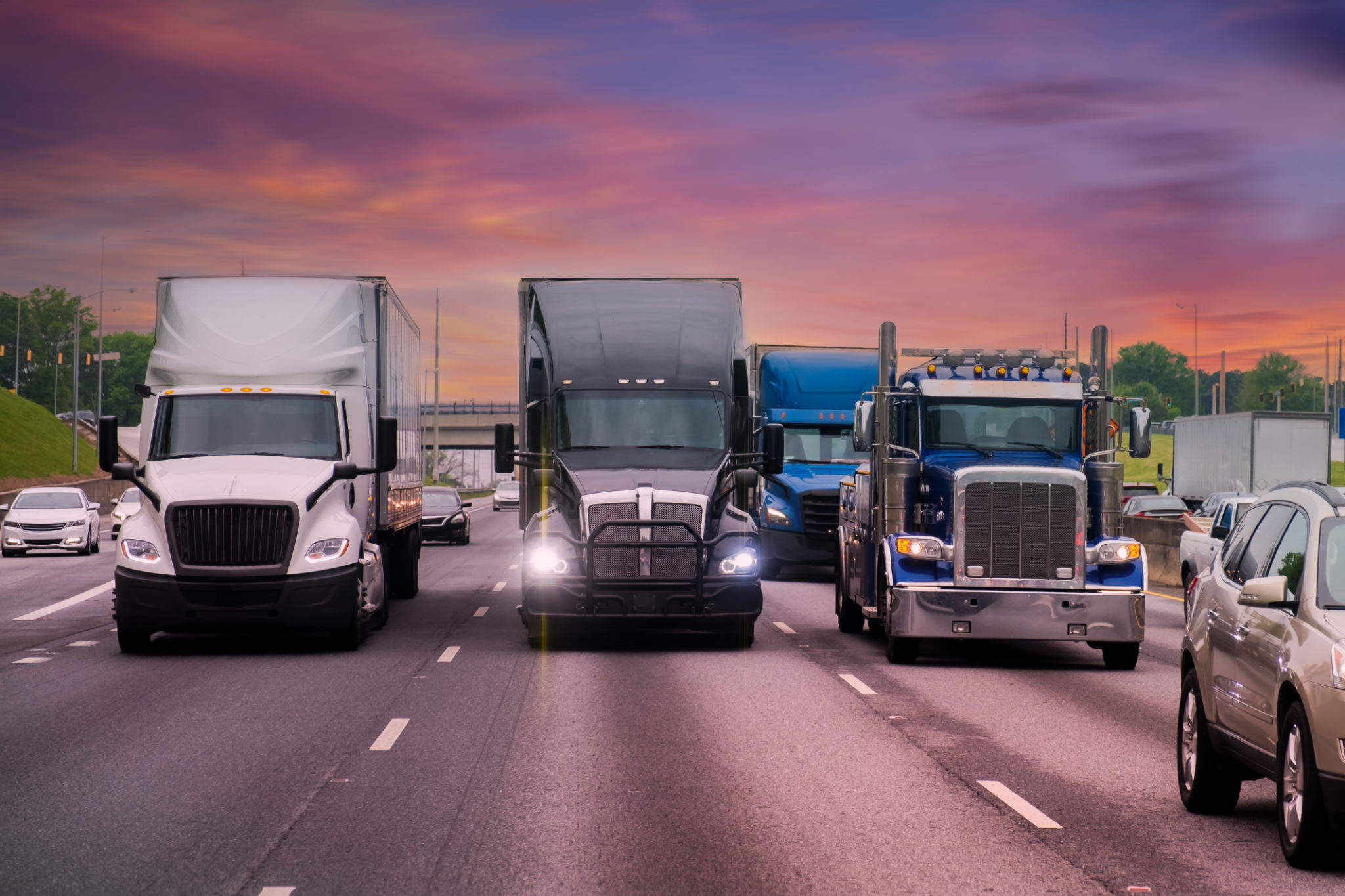The Role of Trucking in the US Supply Chain: An In-Depth Analysis
Introduction to the US Trucking Industry
The trucking industry is a cornerstone of the United States economy, playing a pivotal role in the supply chain. It is responsible for transporting over 70% of all freight tonnage, ensuring that goods reach their destinations promptly and efficiently. Without trucking, the logistics of supply and demand would face significant challenges.
Trucking connects manufacturers with consumers, facilitating the movement of products across vast distances. From raw materials to finished goods, trucks are essential in bridging the gap between production and consumption.

The Economic Impact of Trucking
The economic influence of trucking is profound. The industry not only supports countless businesses but also employs millions of people across the nation. According to recent statistics, there are approximately 3.5 million truck drivers in the US, making it one of the most significant employment sectors.
Moreover, trucking contributes substantially to the GDP. It supports sectors ranging from agriculture and manufacturing to retail and healthcare. This extensive impact underscores the industry's importance in maintaining economic stability and growth.
Job Creation and Opportunities
Beyond direct employment, trucking also generates numerous ancillary job opportunities. These include roles in logistics management, vehicle maintenance, and infrastructure development. The ripple effect of trucking extends into local economies, supporting small businesses and service industries.

Challenges Facing the Trucking Industry
While trucking is integral to the supply chain, it faces several challenges. Rising fuel costs, regulatory changes, and environmental concerns are significant issues that need addressing. Additionally, the industry grapples with driver shortages, which can impact delivery schedules and efficiency.
Technological advancements present both opportunities and challenges. While automation and advanced logistics software can enhance efficiency, they also require investment and adaptation by industry stakeholders.
Environmental Considerations
The environmental impact of trucking is a growing concern. Efforts to reduce emissions and promote sustainability are crucial for the industry's future. Initiatives such as adopting alternative fuels and improving fuel efficiency are steps in the right direction.

The Future of Trucking in the Supply Chain
Looking ahead, the trucking industry is poised for transformation. Innovations in technology, from autonomous vehicles to electric trucks, promise to reshape how goods are transported. These advancements offer potential solutions to current challenges while enhancing safety and efficiency.
The integration of smart logistics and data analytics will further optimize supply chain operations. By harnessing these technologies, trucking companies can improve route planning, reduce costs, and deliver goods more swiftly.
Adapting to Change
To thrive in the future, the trucking industry must embrace change. This involves investing in workforce development, adopting sustainable practices, and remaining flexible in the face of evolving market demands. By doing so, trucking will continue to be a vital link in the US supply chain.
